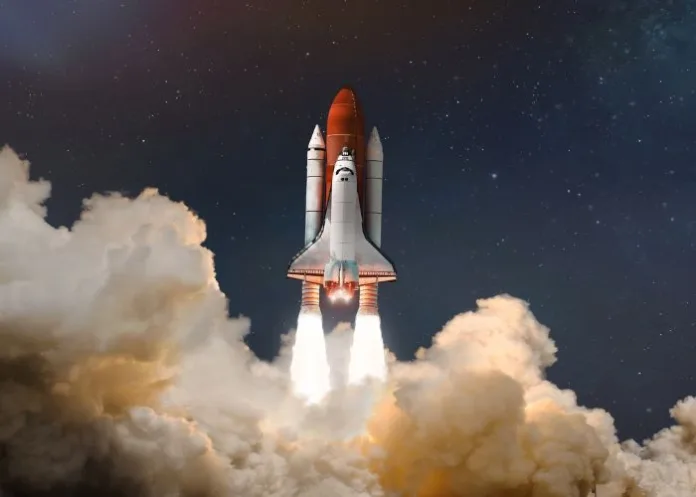Cancer cells are heading to space in British scientific experiments to understand more about an incurable, deadly childhood tumour, which led to the death of Karen Armstrong, daughter of late US astronaut Neil Armstrong, in the 1960s, and which they hope will open new horizons for future treatments.
The researchers from the Institute of Cancer Research will be sending samples of diffuse midline glioma to the International Space Station (ISS) to see how it spreads in microgravity, saying their study – dubbed D(MG)2 – could pave the way to understanding more about the disease.
Chris Jones, leader of the study and professor of Childhood Cancer Biology at the Institute of Cancer Research in London, said: “Unfortunately, survival rates for patients with diffuse midline glioma have not changed substantially since Neil Armstrong’s daughter died in the early 60s.
“The past fifteen years, however, have revolutionised our understanding of the biological complexity of these tumours, with exciting potential new therapies entering clinical trial at last.
“Experiments such as D(MG)2 aboard the International Space Station will improve our understanding of how cancer cells interact with each other within three-dimensional structures, and hopefully lead to new ideas for disrupting tumour growth that we can take forward back in the lab.”
Diffuse midline glioma is an aggressive and incurable brain tumour that most commonly presents in children. It has a poor prognosis – most children die within 18 months of being diagnosed.
The researchers want the experiments to be conducted in microgravity because they believe the conditions will enable their 3D cultures to grow to much larger sizes than on Earth, reports The Independent.
This will allow much larger extensive models in which to study how cancer cells interact – as this interaction is thought to drive growth, the team said.
While microgravity can be recreated on earth, Jones said the conditions “can induce some mechanical stress on the cells, which may change how they behave, which we want to avoid”.
The D(MG)2 study has received £1.2m from the government while another study, MicroAge II, led by the University of Liverpool, was awarded £1.4m.
MicroAge II is investigating how the microgravity environment makes astronauts’ muscles weaken in space.
Equipment for the experiments is built by microgravity hardware specialists Kayser Space, based in Oxfordshire.
The launch is expected to take place in 2025, and experiments will be conducted by astronauts on board, with samples expected to be returned to earth about six months later.
See more from MedicalBrief archives:
Cancer Research UK: Progress at detecting glioma through urine
Australian neurosurgeon under investigation after risky surgeries end in children’s death
No clear association between high-frequency electromagnetic fields and brain tumours

